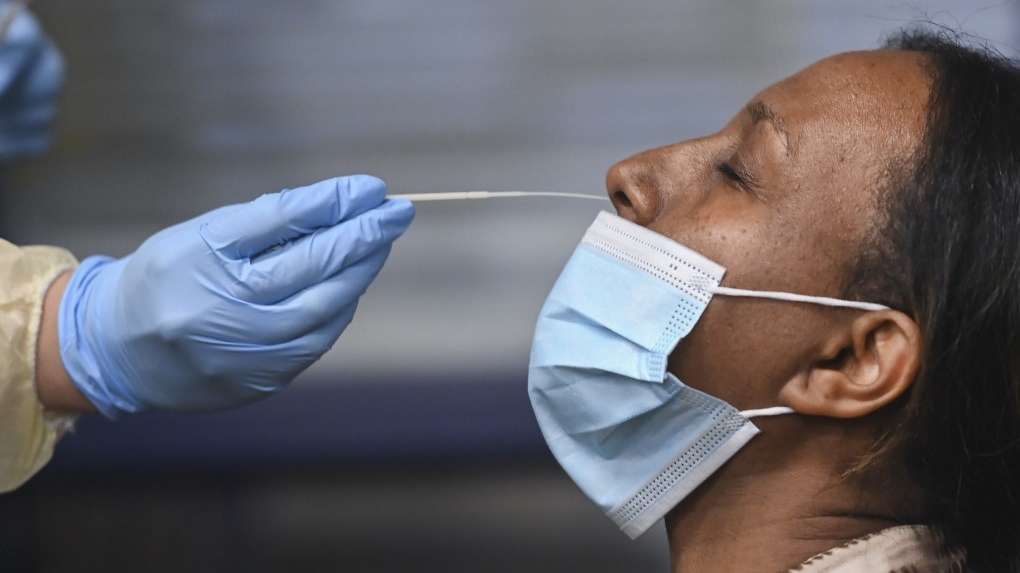Nearly one in five Canadians say they tested positive for COVID-19 before April 2022, according to a national survey by Statistics Canada.
The poll, published on September 6revealed that 19.5% of respondents said they had tested positive for COVID-19 before April 1, 2022. Of these, 9.8% said they had tested positive on a PCR test and 9.7% reported having received a positive rapid antigen test result. test.
According to Statistics Canada, another one in twelve Canadians suspected of having been infected with COVID-19 at some point before April 2022, but never tested positive.
Among the main reasons people thought they had been infected were: having had symptoms of COVID-19; having been exposed to a household member who was suspected of having had, or who tested positive for, COVID-19; and being exposed to someone outside their household who was suspected of having had, or who tested positive for, COVID-19.
Although Statistics Canada considers PCR lab tests the “gold standard” test for diagnosing COVID-19, the report notes that these tests only capture a portion of positive cases.
“Not everyone who has acquired COVID-19 may have been aware of or tested,” the report said. “This limitation was exacerbated with the appearance of the Omicron variant in late 2021, as much higher rates of infections strained PCR testing in some jurisdictions.”
As a result, the report found an increase in the use of rapid antigen tests, the results of which are not necessarily reported to health authorities. Statistics Canada said including rapid test results, as well as responses from people who thought they had contracted COVID-19 but had never been tested, is important to better capture national infection rates.
The agency distributed questionnaires to 100,000 Canadians in 10 provinces between April 1 and August 31 for the second phase of the Canadian COVID-19 Antibody and Health Survey. The questionnaires were not distributed in the territories.
According to Statistics Canada, the two-phase survey aims to better understand the impacts of the pandemic on the health and well-being of Canadians, including the prevalence of chronic symptoms, also known as long COVIDs.
“SARS-CoV-2 surveillance capabilities in Canada have been undermined by the sharp decline in PCR testing for active infection,” said Catherine Hankins, co-chair of the Canadian COVID-19 Immunity Task Force. , in a press release. April 4 press release announcing the launch of the survey.
“Given that many vaccinated Canadians have mild or no symptoms, hospitalization rates also do not give us the full picture of COVID-19 in Canada. This study is therefore poised to give us a good estimate of the number of Canadians who have had a previous SARS-CoV-2 infection or who have an acute infection.

“Coffeeaholic. Lifelong alcohol fanatic. Typical travel expert. Prone to fits of apathy. Internet trailblazer.”
